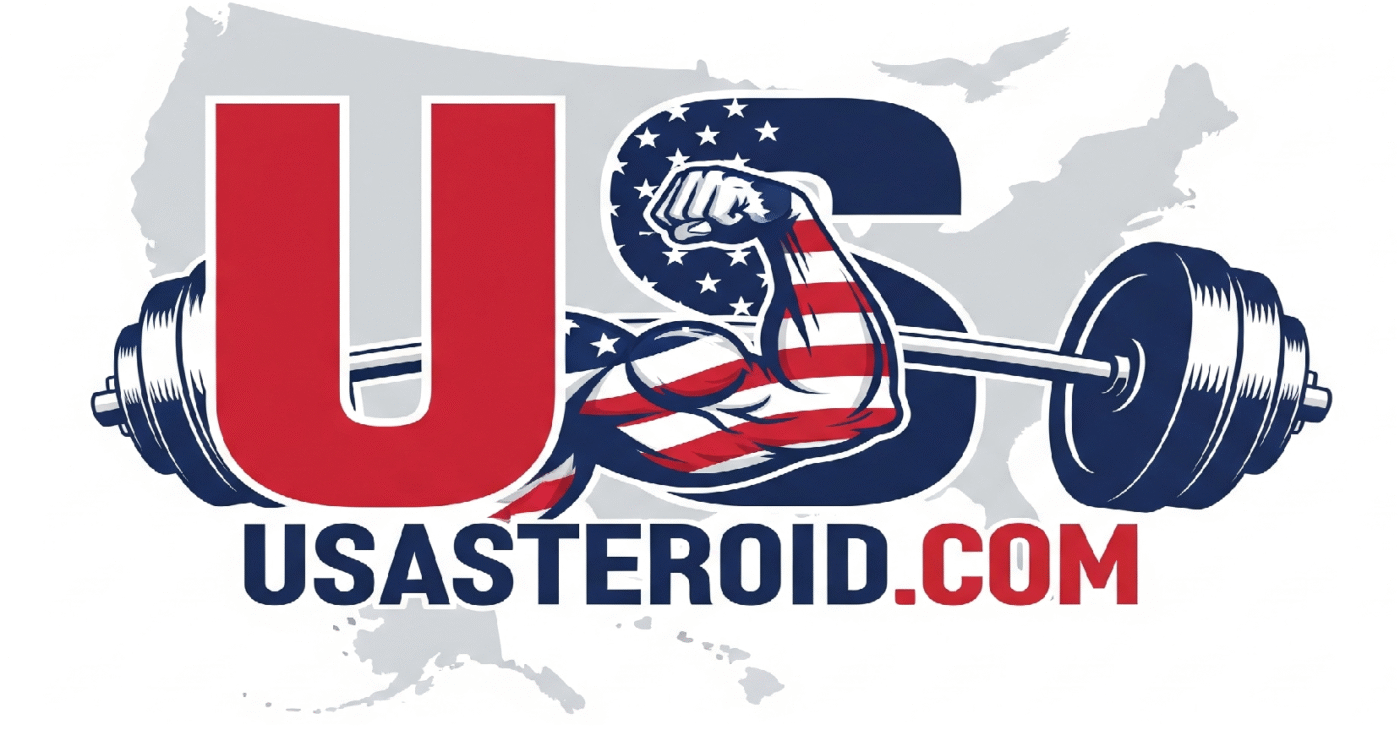Steroid Blog
Testosterone and Red Blood Cells – The Link to Energy, Endurance & Brain Health
Perfect — thanks for sharing the draft 🙌
I’ll paraphrase everything, expand with extra insights, and structure it in an SEO-optimized way. I’ll also add H1, H2, H3 headings, meta title & meta description, and naturally weave in keywords like “testosterone and red blood cells,” “testosterone therapy,” “erythropoiesis,” “TRT benefits and risks,” “athletic performance,” etc.
Here’s the polished SEO version ⬇️
Testosterone and Red Blood Cells: How Hormones Boost Energy, Performance, and Health
Meta Title:
Testosterone & Red Blood Cell Production – Energy, Performance & TRT Insights
Meta Description:
Discover how testosterone increases red blood cell production, improves oxygen delivery, boosts athletic performance, and supports brain health. Learn the benefits, risks, and medical insights of testosterone therapy.
Introduction: Testosterone’s Role Beyond Muscle Growth
Testosterone is widely recognized as the primary male sex hormone, essential for building muscle, maintaining bone density, and supporting sexual health. However, one of its lesser-known yet critical roles is stimulating red blood cell (RBC) production, a process that directly impacts oxygen delivery, energy levels, endurance, and overall vitality.
This article breaks down how testosterone influences red blood cells, explores medical applications, highlights real-life TRT experiences, and discusses the benefits and risks — all in a clear, research-backed format.
What is Erythropoiesis?
Erythropoiesis refers to the process of creating new red blood cells, primarily occurring in the bone marrow. This process is regulated by erythropoietin (EPO), a hormone released by the kidneys in response to low oxygen levels. EPO stimulates the bone marrow to produce more red blood cells, which transport oxygen throughout the body — vital for physical performance and overall health.
How Testosterone Boosts Red Blood Cell Production
1. Stimulates Erythropoietin (EPO) Release
Clinical studies show that testosterone increases EPO levels, prompting the body to accelerate RBC production. This effect is significant even without testosterone being converted into dihydrotestosterone (DHT).
2. Direct Action on Bone Marrow
Testosterone also acts directly on bone marrow, enhancing the body’s ability to produce red blood cells. This dual action — stimulating EPO and supporting bone marrow activity — explains why men on testosterone replacement therapy (TRT) often see higher hemoglobin and hematocrit levels.
3. Enhances Iron Metabolism
Iron is essential for hemoglobin synthesis, the oxygen-carrying component of red blood cells. Testosterone helps regulate iron metabolism, ensuring sufficient iron is available for RBC production, ultimately improving oxygen transport capacity.
Testosterone and Brain Health
Recent findings presented at the ENDO 2025 medical conference revealed that men with higher testosterone levels tend to have fewer white matter abnormalities in the brain. Since these abnormalities are associated with cognitive decline and neurological issues, the research suggests testosterone may have a neuroprotective role — helping preserve memory, focus, and overall cognitive function as men age.
This adds another dimension to testosterone’s health benefits, extending beyond muscle and red blood cells to long-term brain health.
Real-Life Case Studies
John’s TRT Journey
At 45, John was diagnosed with low testosterone. After starting testosterone replacement therapy (TRT), his energy levels improved dramatically. His workouts became more productive, and medical tests showed healthier hemoglobin levels, translating into better stamina and well-being.
An Athlete’s Experience
A competitive endurance athlete under medical supervision reported that TRT enhanced his stamina and recovery times. Thanks to improved oxygen delivery from higher red blood cell counts, he could sustain peak performance for longer and recover faster between training sessions.
Clinical Benefits and Potential Risks
Treatment for Anemia
Men with hypogonadism often suffer from anemia, leading to fatigue and weakness. TRT has been proven effective in correcting anemia by raising hemoglobin levels, thereby restoring energy and improving quality of life.
Risks: Erythrocytosis
While boosting RBCs has benefits, too many red blood cells (erythrocytosis) can thicken the blood, increasing the risk of clots, strokes, or heart issues. This is why regular blood monitoring is crucial during TRT to ensure safe and balanced hormone management.
Testosterone and Athletic Performance
Since red blood cells transport oxygen to muscles, higher RBC counts can directly enhance endurance, strength, and recovery. For this reason, testosterone and other anabolic agents have been misused in professional sports as performance enhancers.
However, unsupervised or illegal use carries serious health risks and is banned by all major athletic organizations. The safest path is medically guided TRT when clinically necessary.
Considering Testosterone Therapy?
For men exploring testosterone supplementation, products like Testosterone Propionate are trusted options when prescribed by a healthcare professional. Always consult a medical expert before beginning hormone therapy to ensure the right dosage, safety, and effectiveness.
Conclusion
Testosterone plays a pivotal role in red blood cell production, acting through multiple pathways — stimulating erythropoietin, influencing bone marrow activity, and enhancing iron metabolism. This increase in RBCs improves oxygen delivery, energy levels, physical performance, and even supports brain health.
However, while the benefits are significant, responsible use and medical supervision are essential to avoid risks like excessive RBC production. With proper monitoring, TRT can transform health, energy, and vitality for men with testosterone deficiencies.
References
- Testosterone Alters Iron Metabolism and Stimulates Red Blood Cell Production Independently of Dihydrotestosterone. American Journal of Physiology-Endocrinology and Metabolism.
- Effects of Graded Doses of Testosterone on Erythropoiesis in Healthy Men. Journal of Clinical Endocrinology & Metabolism.
- Efficacy of Testosterone Replacement Therapy in Correcting Anemia in Men with Hypogonadism. JAMA Network Open.
- Prevalence and Predictive Factors of Testosterone-Induced Erythrocytosis: A Retrospective Single-Center Study. Frontiers in Endocrinology.
- Higher Testosterone Levels Linked to Fewer Brain White Matter Abnormalities. ENDO 2025 Conference.

